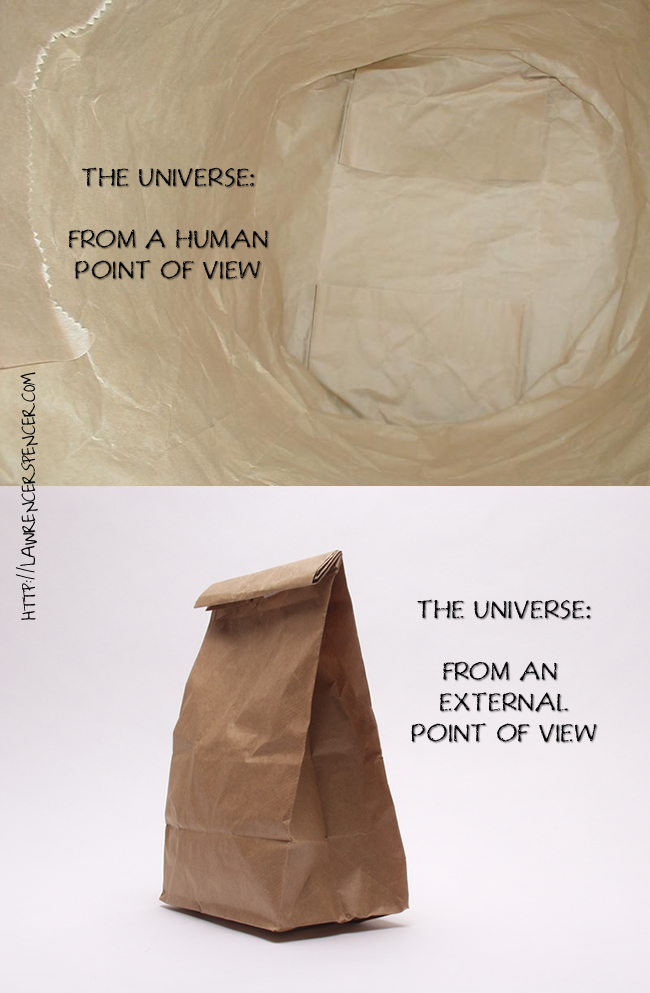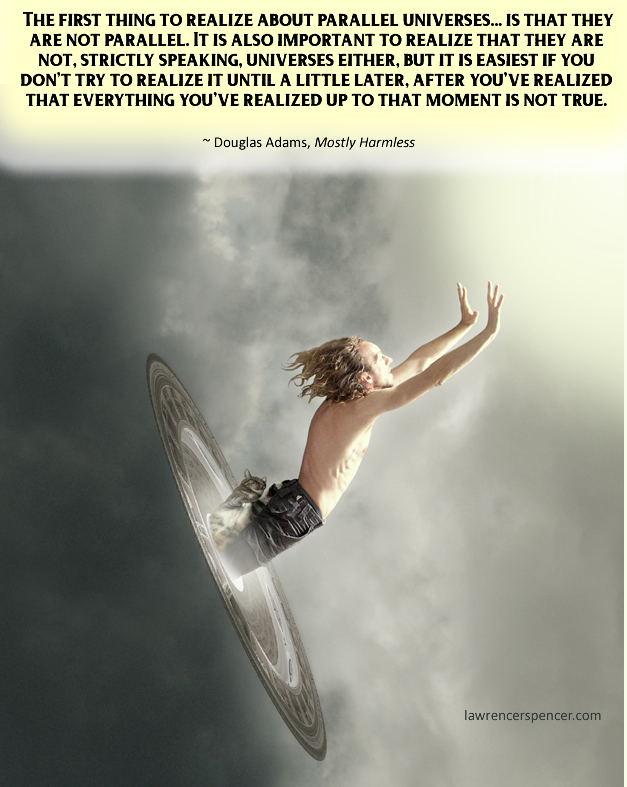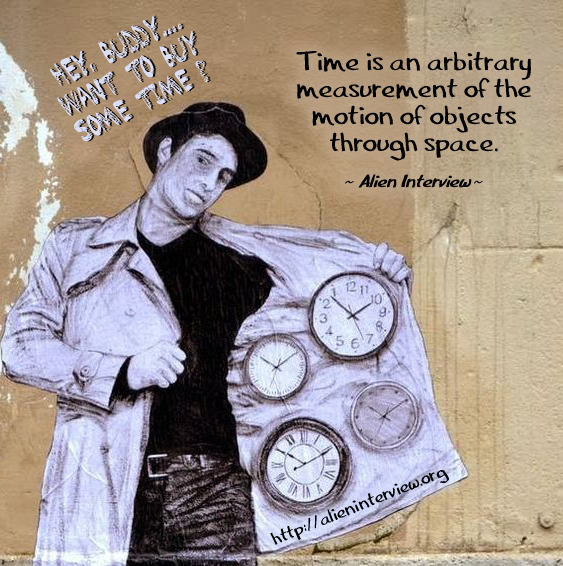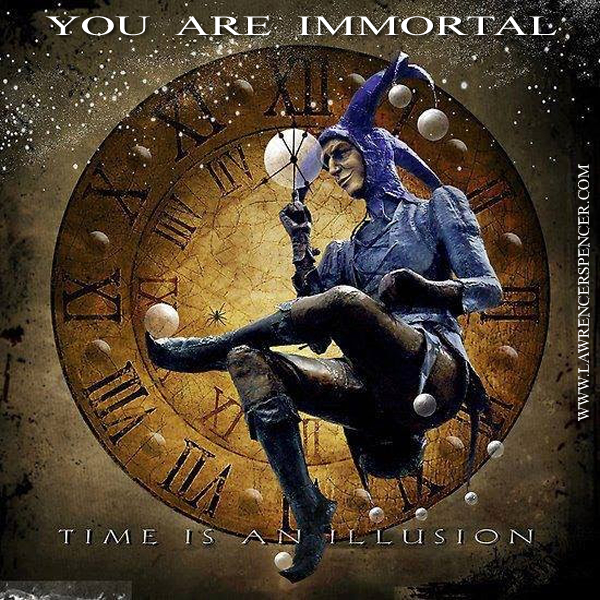Republished by Blog Post Promoter

“You see that (hour glass)? That’s how much longer you have to live! And it isn’t long, my pretty, it isn’t long … “
–The Wicked Witch of the West in ‘The Wizard of Oz’
THE DATING GAME OF RELATIVES
Theoretically, a very practical and useful investigative tool used by some scientific disciplines to gather and evaluate information is to establish the age of an artefact.
Carbon-14, the most commonly used dating method in archaeology and paleontology, works only on organic material. It is supposed to measure the relative rate of deterioration of a Carbon-14 atom as a standard for organic matter. At best, it is useful in dating organic materials no older than 80,000 years. Since one atom does not equal all other atoms, the technology does not work on stone or any other non-organic material. Based on such a limited technology, trying to assign an age to a stone pyramid, for instance, is bound to provide wrong answers.
Similarly, a relatively new dating method called uranium-lead isotope analysis is supposed to date rocks as old as two billion years, give or take a few million.
However, there is a flaw in the logic of these dating methods which invalidates the information they provide, namely, all dating methods are based on the assumption that matter is destructible! In fact, there exists no slightest shred of evidence that matter is anything other than utterly indestructible.
While it is observable that the action of energy or force against matter can alter the form of matter, it does not ever really destroy it.
Example: Stone is turned to dust by beating it with a hammer. Buildings can be torn down with explosives. Water can be vaporized with heat. Sand can melt and turn into glass. Granite cliffs can be sliced up into one-hundred ton blocks to build pyramids. But, none of these actions do anything other than alter the form of the matter.
Whether matter is in the form of a solid, liquid, gas or energy, it is still composed of the same subatomic particles that existed at the instant of its creation. The most that Mother Nature, or any life form, can do with matter is alter its form. Humans can create a temporary illusion by changing matter from one form into another. However, that illusion will eventually return to the same basic particles from which it is composed. The particles themselves persist timelessly.
HOW OLD IS “FATHER TIME”?
Time is a subject that is far from absolute. The measurement of time is the activity of monitoring the movement of matter or energy particles through space. In order to establish the passage of time, one must establish an agreed-upon reference point for beginning the period of time to be measured. Then, the increments of measurement must be uniformly consistent throughout the period of time being quantified. This set of qualifying factors, however, applies only to the Physical Universe.
Does time (as the Munchkins would say) morally, ethically, spiritually, physically, positively, absolutely, undeniably and reliably actually, really exist?
Imagine that you are completely isolated, unable to observe any physical motion whatsoever–no sun, moon and stars, night or day. If you were isolated from your own body such that you could not detect any breathing rhythm or heartbeat or cellular motion of any kind to use as a reference point, would time exist?
People who have been locked in solitary confinement, whether in a prison or in an isolation chamber, have experienced the phenomenon of “no time”.
Since many people seem to have an innate, built-in time sense, or a “biological clock”, there may be a subjective awareness of time. But, even so, time is determined by measuring some motion in the physical universe.
How can the dates of something for which you have no starting point be measured? How can the age of our planet, our galaxy, or the entire physical universe be determined? How can the age of something which does not exist in the physical universe, such as a spirit, be calculated?
Logically, an arbitrary unit of measurement must be chosen. Then a particle or object which can move through space must exist. This particle would have to travel at a uniformly predictable rate of speed. The unit of measurement would depend on the magnitude or size of the motion of the particle relative to a fixed point in space, or a fixed point of view.
Here is a simple example: let’s imagine a theoretical COSMIC TIME CLOCK in which ONE SECOND equals ONE EARTH YEAR.
If you counted the ticks of the second hand of this cosmic clock in “normal” time increments of 24 hour days, every day, how long would it take you to measure the recent history of planet Earth?
2 years and 22 days ago would equal the end of the Dinosaur Age (75 million BC)
1 hour, 14 minutes,6 seconds ago equals 2,450 BC– Egyptian Pharaoh Khufu
53 minutes, 36 seconds ago equals 1220 BC–Moses’ Exodus from Egypt
42 minutes 39 seconds ago equals 563 BC–Buddha is born
33 minutes 16 seconds ago equals “year zero” the calendar in use throughout most of the world, sponsored by Pope Gregory XIII in 1582
8 minutes 24 seconds ago equals 1492 AD, Columbus “discovers” America
3 minutes 40 seconds ago equals 1776 AD, the United States of America is founded
One human average lifetime (70 years) equals 1 minute, 10 seconds on the Cosmic Time Clock.
Time is a relative measurement of the motion of particles in the Physical Universe. The order of magnitude of the unit of measurement may vary according to the point of view of the observer.
To venture a guess as to the age of the physical universe, based on a supposed decay of matter is another example of “scientific theory” based on assumption and personal viewpoint.
According to some authorities, mainly from the non-physical sciences, such as philosophy, there is reason to believe that the physical universe may have existed for many trillions of years or perhaps for a nearly infinite period of time. However, since time is a relative factor, it’s importance as a tool for evaluating other information is also relative.”
— Excerpt from the book THE OZ FACTORS, by Lawrence R. Spencer

 Mostly Harmless is the FIFTH book in the Hitchhikers Guide to The Galaxy Trilogy, by Douglas Adams. I read all of Douglas Adams books this year, a few for the second time. I consider Adams to be one of the greatest philosophers in human history, although, like Mark Twain, he was considered to be a humorist. Any valuable philosophy must expose the random absurdities of human existence, which is also a definition of humor. – LRS
Mostly Harmless is the FIFTH book in the Hitchhikers Guide to The Galaxy Trilogy, by Douglas Adams. I read all of Douglas Adams books this year, a few for the second time. I consider Adams to be one of the greatest philosophers in human history, although, like Mark Twain, he was considered to be a humorist. Any valuable philosophy must expose the random absurdities of human existence, which is also a definition of humor. – LRS





